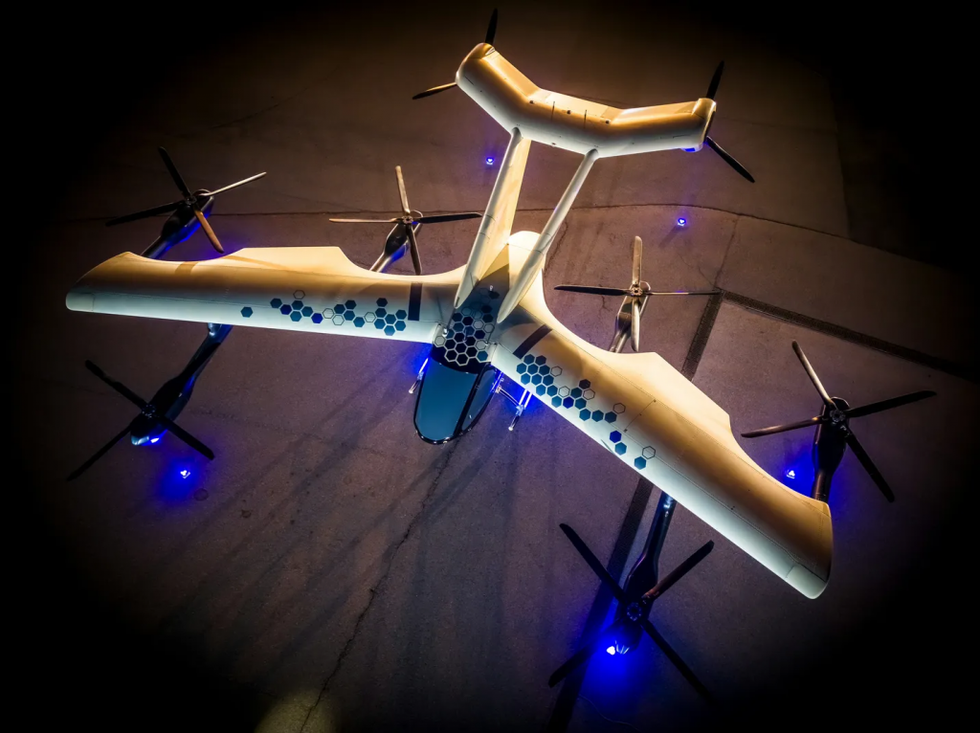Imagine a mode of transportation that combines the efficiency of helicopters with the cost-effectiveness of electric power. Electric Vertical Takeoff and Landing Aircraft (eVTOL) are making this a reality, offering the ability to fly at speeds of up to 200 kilometers per hour and the convenience of vertical takeoff and landing, all while significantly reducing fuel and maintenance costs.
Lilium: Pioneering the Industry
German company Lilium is at the forefront of eVTOL technology, producing battery packs for its Lilium Jet and aiming for European Union Aviation Safety Agency certification by 2026.
Innovations in India
The Indian Institute of Technology, Madras, is incubating ePlane Company, set to launch e-flying taxis in Bengaluru pending approval from the Directorate General of Civil Aviation. Additionally, Airbus’s CityAirbus project is scheduled for its inaugural flight in 2024.
Airbus’s CityAirbus NextGen
Airbus’s CityAirbus NextGen promises an 80 km operational range, cruising at 120 km/h. Designed for quiet flights, it aims to be suitable for urban use, aligning with the vision of urban air mobility.
Global Adoption and Challenges
The United Kingdom anticipates its first eVTOL flying taxi flight by 2026. However, the Indian government faces the challenge of formulating clear policies for eVTOL integration, necessitating precise route planning and collaboration with public works departments and air traffic control units.
Implications and Applications
eVTOL technology holds promise beyond urban transportation, with potential applications in cargo delivery, military operations, and emergency services. Its electric nature and low operating costs make it an attractive solution for congested cities like those in India.
Multiple Choice Questions (MCQs):
- What does eVTOL stand for?
- A) Enhanced Vertical Takeoff and Landing
- B) Electric Vertical Takeoff and Landing
- C) Efficient Vertical Travel and Landing
- D) Elevated Vertical Takeoff and Landing
- Answer: B) Electric Vertical Takeoff and Landing
- Which company aims to obtain European Union Aviation Safety Agency certification for its eVTOL by 2026?
- A) Airbus
- B) Boeing
- C) Lilium
- D) ePlane Company
- Answer: C) Lilium
- Where is the Indian Institute of Technology, Madras-incubated ePlane Company planning to launch its e-flying taxis?
- A) Mumbai
- B) Delhi
- C) Bengaluru
- D) Chennai
- Answer: C) Bengaluru
- What is the anticipated operational range of Airbus’s CityAirbus NextGen?
- A) 50 km
- B) 80 km
- C) 100 km
- D) 120 km
- Answer: B) 80 km
- What is one of the primary challenges hindering the adoption of eVTOL technology in India?
- A) High manufacturing costs
- B) Limited battery life
- C) Unclear government policies
- D) Lack of suitable landing zones
- Answer: C) Unclear government policies
